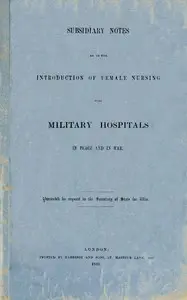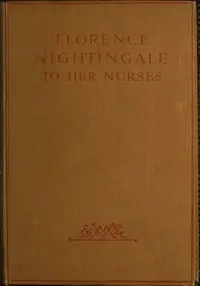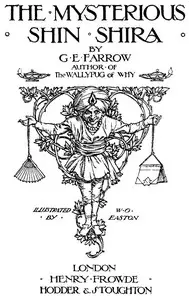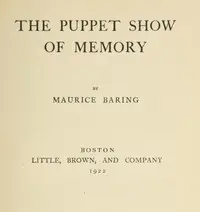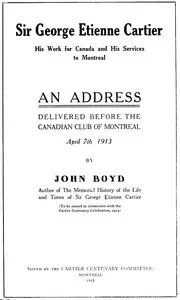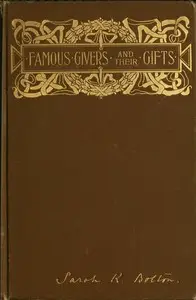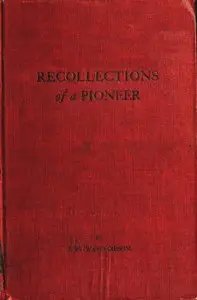"Workhouse Nursing: The story of a successful experiment by Nightingale and Rathbone" is a historical account written during the mid-19th century. This book documents the pioneering initiatives taken by the Select Vestry of Liverpool to reform nursing practices in workhouse infirmaries by introducing trained nurses, highlighting the need for better care for the sick poor. The text focuses on the substantial improvements resulting from these reforms and provides insights into the necessary changes in how sick patients in workhouses were cared for, indicating a significant shift in social attitudes and nursing standards of that era. The narrative outlines the processes and considerations behind implementing trained nursing staff into the male wards of the Liverpool Workhouse Infirmary. It begins with the identification of inadequacies in the existing nursing system, which primarily relied on untrained pauper nurses. The text features correspondences from prominent figures such as Florence Nightingale, emphasizing the importance of skilled nursing, and details the trials and subsequent successes of employing qualified nurses. Through careful observation and assessment, the work describes the transformative impact on patient care quality, operational improvements, and the broader implications for policymaking in public health during a time when the welfare of the poor was a crucial issue faced by society. (This is an automatically generated summary.)
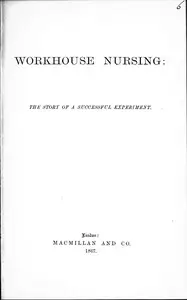
Workhouse Nursing: The story of a successful experiment
By Florence Nightingale
"Workhouse Nursing: The story of a successful experiment by Nightingale and Rathbone" is a historical account written during the mid-19th century. Thi...
Genres
Released
2015-11-11
Formats
epub
mobi (images)
epub3 (images)
epub (images)
mobi
Free Download
Overview
About the Author
Florence Nightingale was an English social reformer, statistician and the founder of modern nursing. Nightingale came to prominence while serving as a manager and trainer of nurses during the Crimean War, in which she organised care for wounded soldiers at Constantinople. She significantly reduced death rates by improving hygiene and living standards. Nightingale gave nursing a favourable reputation and became an icon of Victorian culture, especially in the persona of "The Lady with the Lamp" making rounds of wounded soldiers at night.
Total Reviews
10.0k
Total reviews from Goodreads may change


